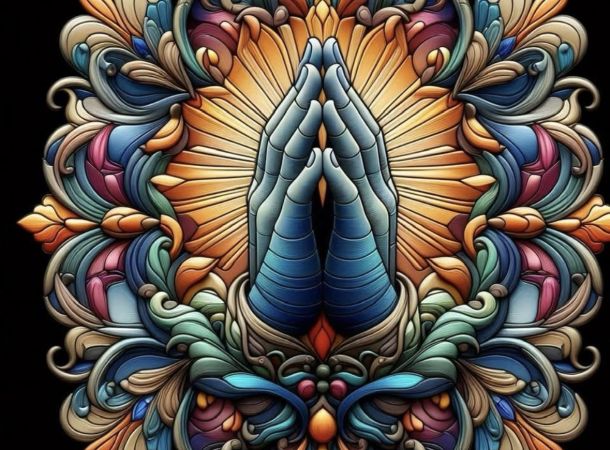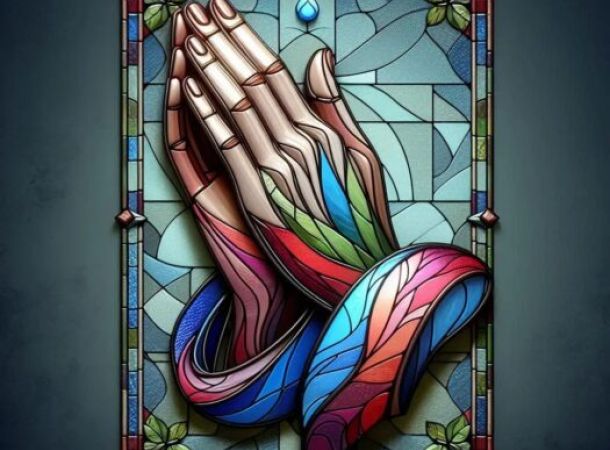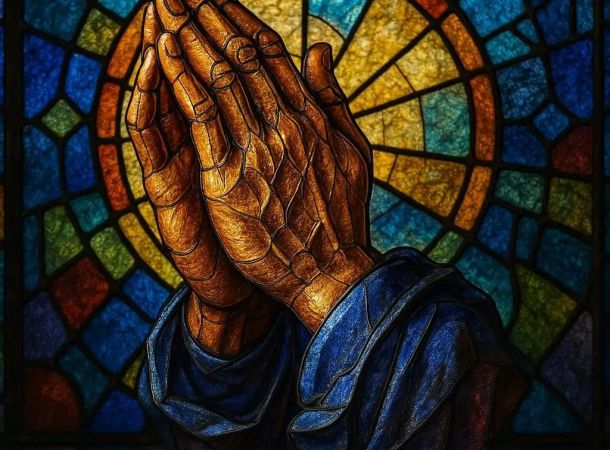Lech Lecha (Go to Yourself)
Abraham. What a guy. The writer of Hebrews says that Yeshua came after the Seed of Abraham (Hb 2.16). Noah walked with God, but he did not plant the seed of the Kingdom. The sixth day of Creation speaks of a King who plants a seed. In the Garden of Eden, that King was supposed to be Adam, but instead, he produced the wrong seed by resting under the wrong tree. Adam ended up under the Tree of Knowledge of Good and Evil rather than the Tree of Life. Adam planted the seed of sin and pride rather than the Seed of life. Then we have Noah. Noah, like Adam, is found naked and ashamed, unable to plant the Seed of life. Abraham comes on the scene and plants the Seed that blesses the whole world. Let’s find our creation pattern in the story of Abraham, shall we?
One Day: In the previous Torah Portion, Noah, Rabbi Fohrman connects the wind or Ruach passing through/over the waters to the first day of Creation. We have that Hebrew word for “pass-through” here in Genesis 12:6;
Abram passed through (‘abar) the land to the place of Shechem, as far as the terebinth (great) tree of Moreh (Teacher). And the Canaanites were then in the land.
Second Day: On the second day, Lot separates from Abram. The word for separated is different than the word for to divide/separate/distinguish of the Genesis creation account, badal, but it has the same meaning. There is also a mention of water. We could connect this mention to the lower waters of the second day, as in the following verse.
Genesis 13:10: And Lot lifted his eyes and saw all the plain of Jordan, that it was well watered everywhere (before the Lord destroyed Sodom and Gomorrah) like the Garden of the Lord, like the land of Egypt as you go toward Zoar.
Lot chose what looked good, the lower waters, those self-sustaining waters. Abraham trusted that wherever he went, God would take care of him.
Third Day: We have third-day imagery whenever Abram sits under a Great Tree called Teacher. What a beautiful picture this paints for us of Abram sitting under the Tree of Life. Remember that the Torah or Wisdom of God is considered a Tree of Life in Proverbs 3:18. The Ruach Hakodesh (Holy Spirit) is a Teacher that leads us into the instructions of the Torah (Ez 36.27). Abraham seems to spend quite a bit of time under or around trees. God created trees on the third day.
Genesis 12:6: Abram passed through the land to the place of Shechem, as far as the terebinth (Great) tree of Moreh (Teacher) And the Canaanites were then in the land.
Fourth Day: Anytime we read a reference to stars, we can think of the fourth day of Creation and places of authority.
Genesis 15:5: Then He brought him outside and said, “Look now toward heaven, and count the stars if you can number them.” And He said to him, ” so shall your descendants be.”
We see kings or rulers coming from Abram’s Seed, connecting Abram (name changed to Abraham in Genesis 17:5) to the fourth day of rulership.
Genesis 17:6: And I will make thee exceeding fruitful, and I will make nations of thee, and kings shall come out of thee.
There is another connection to the fourth day when God first gives the sign (ot) of circumcision. The fourth day of Creation is the first mention of ot in the Scriptures. Circumcision is an ot or a sign of the Abrahamic covenant.
Genesis 17:10: This is My covenant which you shall keep, between you and Me and your descendants after you: every male child among you shall be circumcised.
Fifth Day: Abraham enters into a covenant with the Holy One and brings everyone in his household into covenant. He is, essentially, multiplying after his kind, thus fulfilling the pattern of the fifth day. Birds and fish, representing kingdom subjects, are commanded to multiply and reproduce after their kind on the fifth day.
Genesis 17:26-27: In the same day was Abraham circumcised, and Ishmael, his son. And all the men of his house, born in the house, and bought with money of the stranger, were circumcised with him.
Sixth Day: Abram is like a new or renewed Adam. Abraham is the new human, created on the sixth day, who produces the seed of faith, which is trust proven by obedience. Remember that it is the King who plants the seed.
Matthew 13:37: He answered and said to them: “He who sows the good seed is the Son of Man (Yeshua).”
Abraham dwelt under the shadow of the right tree, the Tree of Life. He believed God was who He said He was and that He would do what He promised. Abraham established truth in obedience to His voice, and God credited it to him as righteousness (Gen 15.6).
Genesis 22:18: And in thy Seed shall all the nations of the earth be blessed; because thou hast obeyed my voice.
Galatians 3:16: “Now the promises were spoken to Abraham and his Seed. It doesn’t say, ‘and to seeds,’ as of many, but as of one, ‘and to your seed,’ who is the Messiah.”
Abraham obeyed the voice of God even to the point of offering up the son he loved more than his own life. We may think we can give our own lives for someone we love, but for me to sacrifice my child’s life? Sheesh, it’s no wonder he is called “a friend of God” in James 2:3. Abraham’s faith (trust) in God, proven by obedience to His voice, planted the Seed of faith in generations following him. Abraham is called the Father of our Faith. Abraham is a renewed Adam.




Leave a Reply